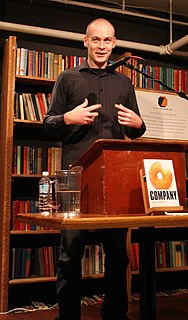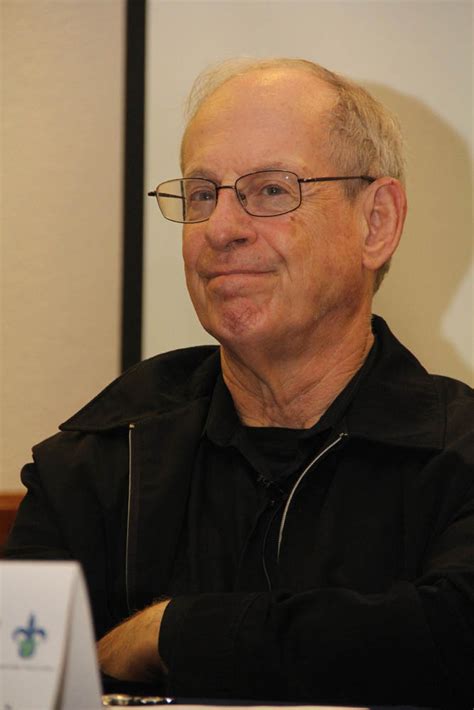A Quote by Primo Levi
He could hardly read or write but his heart spoke the language of the good
Related Quotes
I have a funny relationship to language. When I came to California when I was three I spoke Urdu fluently and I didn't speak a word of English. Within a few months I lost all my Urdu and spoke only English and then I learned Urdu all over again when I was nine. Urdu is my first language but it's not as good as my English and it's sort of become my third language. English is my best language but was the second language I learned.
Gabriel Garcia Marquez is one of my all-time favorite writers. I feel spiritual when reading his words, even though they're translated. I wish desperately that I could read it in its original language. I already feel like I'm going to church when I read him; imagine if I could read it in the original.
Dr. Adler had instructed me to always say whatever I was thinking, but this was difficult for me, for the act of thinking and the act of articulating those thoughts were not synchronous to me, or even necessarily consecutive. I knew that I thought and spoke in the same language and that theoretically there should be no reason why I could not express my thoughts as they occurred or soon thereafter, but the language in which I thought and the language in which I spoke, though both English, often seemed divided by a gap that could not be simultaneously, or even retrospectively, bridged.
If only you’d remember before ever you sit down to write that you’ve been a reader long before you were ever a writer. You simply fix that fact in your mind, then sit very still and ask yourself, as a reader, what piece of writing in all the world Buddy Glass would most want to read if he had his heart’s choice. The next step is terrible, but so simple I can hardly believe it as I write it. You just sit down shamelessly and write the thing yourself. I won’t even underline that. It’s too important to be underlined.





































